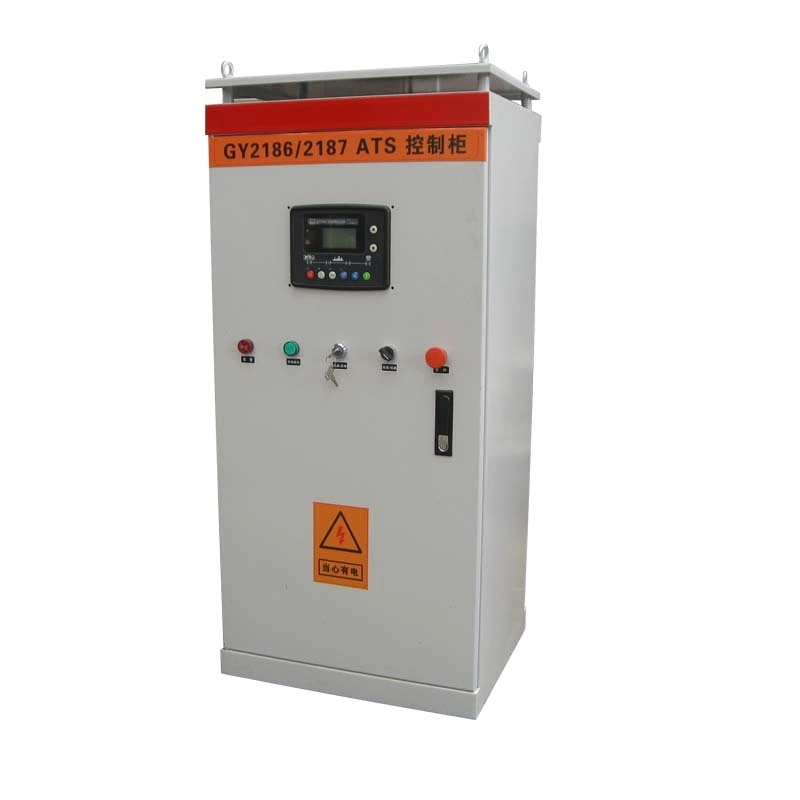Introduction
Recreational vehicles (RVs) have become increasingly popular among adventure-seekers and travelers looking for a convenient way to explore the great outdoors. One essential component of any RV is the generator, which provides the power needed to run appliances, charge devices, and stay comfortable while on the road. Among the various types of generators available, diesel generators are known for their reliability, efficiency, and power output. In this comprehensive guide, we will explore the benefits of diesel generators for recreational vehicles, how they work, maintenance tips, and more.
Chapter 1: Understanding Diesel Generators
Diesel generators are a popular choice for RV owners due to their robust design and high power output. Unlike gasoline generators, diesel generators use diesel fuel to power an engine that generates electricity. Diesel engines are known for their durability and efficiency, making them ideal for powering RVs that require a reliable source of power while on the road. Diesel generators come in various sizes and power outputs, allowing RV owners to choose the right generator based on their specific needs.
Chapter 2: Benefits of Diesel Generators for RVs
There are several advantages to using a diesel generator in an RV. One of the primary benefits is fuel efficiency. Diesel engines are known for their high fuel efficiency, allowing RV owners to save money on fuel costs during their travels. Diesel generators also have a longer lifespan compared to gasoline generators, making them a cost-effective investment for long-term RV owners. In addition, diesel generators are more reliable and require less maintenance compared to other types of generators, ensuring a consistent source of power while on the road.
Chapter 3: How Diesel Generators Work
Diesel generators operate on the principle of converting diesel fuel into mechanical energy, which is then converted into electrical energy through an alternator. The diesel fuel is injected into the combustion chamber of the engine, where it is compressed and ignited by the heat generated during compression. This combustion process drives the pistons in the engine, creating mechanical energy that is used to turn the alternator and generate electricity. The electricity produced by the alternator is then transferred to the RV's electrical system, providing power to appliances and devices inside the vehicle.
Chapter 4: Choosing the Right Diesel Generator for Your RV
When selecting a diesel generator for your RV, there are several factors to consider. The first step is to determine the power requirements of your RV, including the number and type of appliances and devices that need to be powered. This will help you determine the size and power output of the generator needed to meet your needs. It is also important to consider the physical size of the generator and the amount of space available in your RV for installation. Additionally, factors such as noise level, fuel efficiency, and maintenance requirements should be taken into account when choosing a diesel generator for your RV.
Chapter 5: Installation and Maintenance Tips
Proper installation and maintenance are essential to ensure the optimal performance and longevity of your diesel generator. When installing a diesel generator in your RV, it is important to follow the manufacturer's guidelines and recommendations to ensure safe and efficient operation. Regular maintenance tasks such as checking fluid levels, changing filters, and inspecting the generator for any signs of wear or damage should be performed to prevent breakdowns and ensure reliable power supply while on the road. It is also recommended to have your diesel generator serviced by a professional technician on a regular basis to address any potential issues and keep your generator in top condition.

Chapter 6: Common Issues and Troubleshooting
Despite their reliability, diesel generators may experience issues from time to time that can affect their performance. Common problems include fuel leaks, battery issues, overheating, and electrical faults. To troubleshoot these issues, RV owners can refer to the manufacturer's manual for guidance on identifying and resolving common problems. In 500KW Diesel Generator For Sale , professional assistance may be required to diagnose and repair more complex issues with the diesel generator. Regular maintenance and proper care can help prevent these issues and ensure the smooth operation of your diesel generator while traveling in your RV.
Conclusion
Diesel generators play a crucial role in providing power to recreational vehicles, allowing travelers to enjoy the comforts of home while on the road. With their durability, efficiency, and reliability, diesel generators are a popular choice among RV owners looking for a dependable source of power during their adventures. By understanding how diesel generators work, choosing the right generator for your RV, and following proper installation and maintenance practices, you can ensure that your diesel generator continues to provide reliable power for your travels. Whether you are camping in the wilderness or embarking on a cross-country road trip, a diesel generator is the powerhouse on wheels that will keep your RV running smoothly and your adventures unforgettable.
